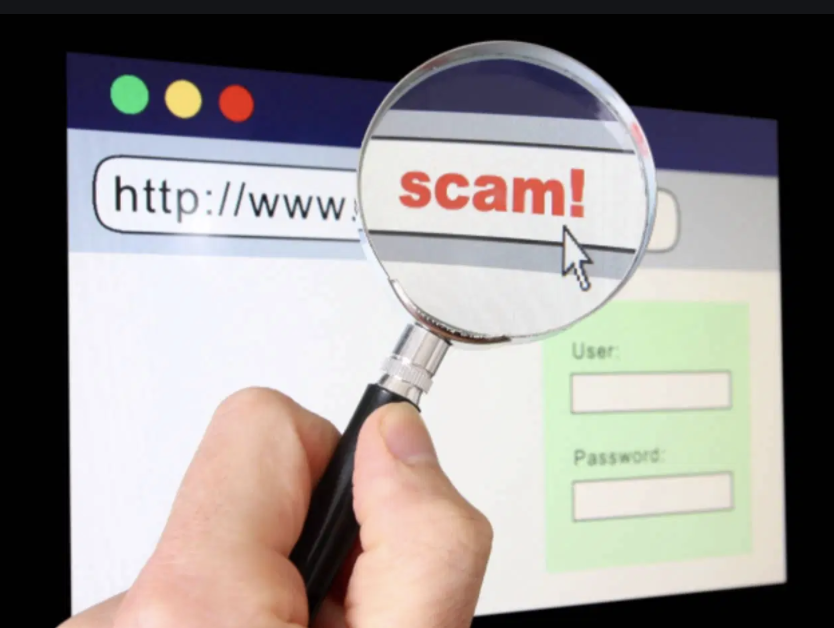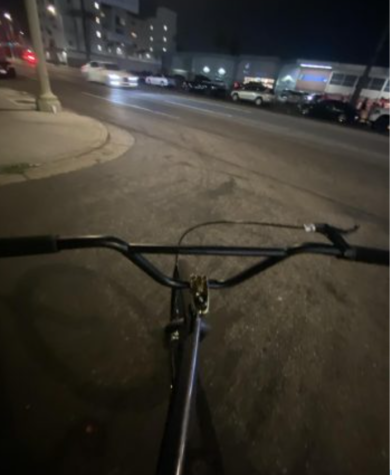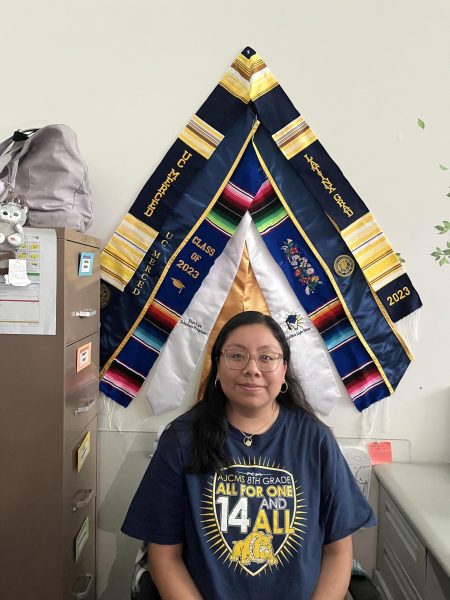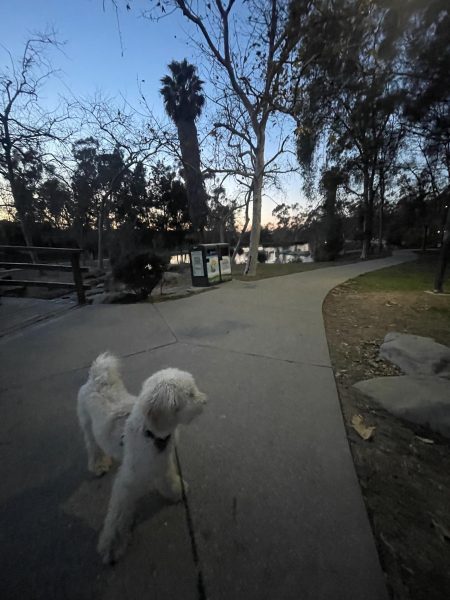Avoid coronavirus-related scams
Sadly, there are many online scams circulating that are related to coronavirus. Here’s how to stay safe online:
Avoid malware websites:
There are several Coronavirus tracking and mapping sites that are actually malware websites. If you click on a link to one to these sites that is fraudulently disguised as a coronavirus tracking site, you will instead accidentally install software on your computer that could do things like track your keystrokes, passwords, or credit card numbers.
To avoid clicking on these links, cybersecurity experts advise that website users should instead hover over the link to verify the actual URL (website address) before moving forward.
Don’t respond to phishing emails:
Online hackers may also send users emails from fraudulent accounts impersonating official websites and doctors, or offering medical supplies and services. Do not click on emails or attachments that you don’t recognize, and avoid online offers related to COVID-19.
Don’t donate money to scammers:
Online and door-to-door, lots of people and groups are asking for donations to help people who are suffering because of the coronavirus. Many scammers are taking advantage of this and posing as legitimate fundraising groups, but instead they just pocket the money instead.
Helping out is great. But do NOT donate to anyone going door-to-door (or standing outside the grocery store), and only donate online to trusted groups or campaigns.
The following is a list of safety tips everyone should follow:
- Avoid online advertising offers related to COVID-19
- Decline door-to-door solicitations claiming COVID-19 fundraising
- Do not click on emails and attachments that you do not recognize
- Visit trusted websites for COVID-19 related information










